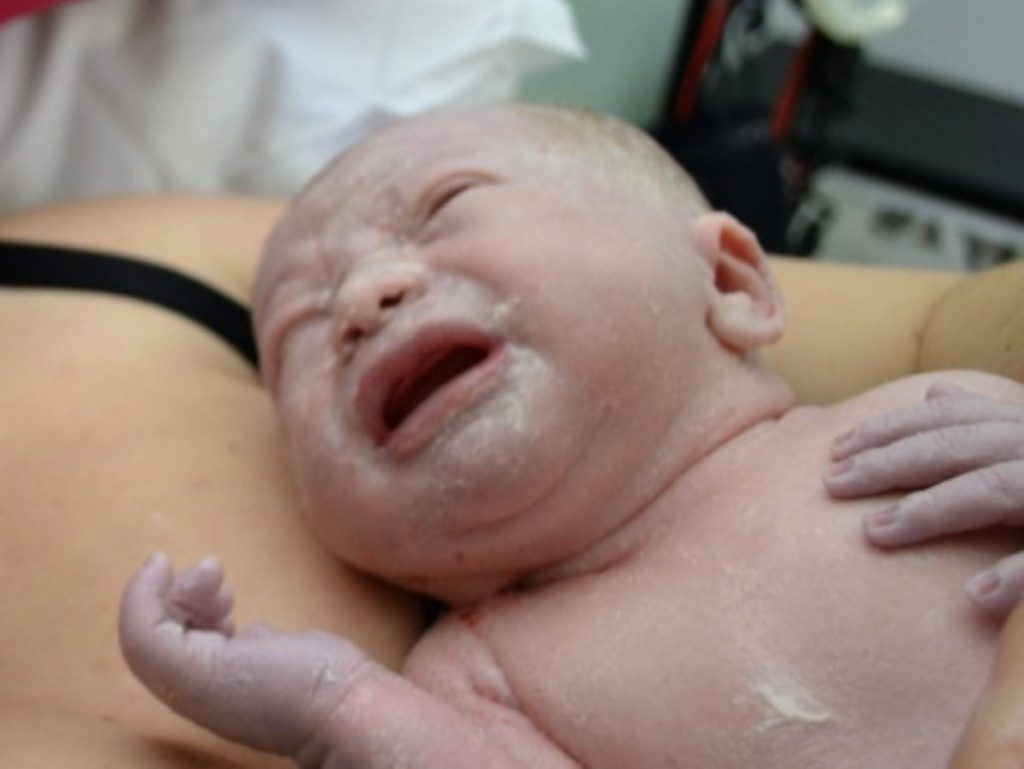Baby boom stretching midwife services to tearing point
England needs another 5,000 midwives to cope with the current baby boom, peers will be told later.
Baroness Cumberlege is raising concerns from the Royal College of Midwives that the quality of services offered to new babies and their mothers is suffering as a result of the shortfall.
Some hospitals are unable to guarantee a midwife will be available throughout labour, while others are being forced to cut post-natal classes vital to establishing breast-feeding.
Stuart Bonar, public affairs advisor at the RCM, told politics.co.uk the shortage remained "substantial".


"It's always going to be patchy around different hospitals and trusts. The service is safe, but we're talking about issues of quality that get affected by the shortage," he said.
"What we're saying to the government is: thanks very much for the progress you've made so far, but if you can redouble your efforts, increase training numbers to ensure midwives are getting into the profession, then hopefully over time we'll eliminate the shortage entirely."
British midwifery began experiencing problems in the 1980s, after the introduction of clinical grading forced many to quit altogether.
That led to a shortage even before the start of the recent baby boom in 2001. Since then the number of babies born each year has increased by 22% and is projected to keep going.
Ministers in the coalition government ringfenced NHS spending and have increased the number of midwives since 2010, lowering the shortage from 6,000 to 5,000.
Many older midwives complain that many of the new recruits lack experience, however.
There were over 688,000 births in England in 2011, the highest number for four decades. It is expected to keep increasing and could hit 750,000 by 2014.
In a report published last month, the RCM's chief executive Cathy Warwick warned: "Maternity units are under intense strain and have been now for many years, with many midwives really at the end of their tether in terms of what they can tolerate. We are reaching a crucial tipping point for maternity services in England."









